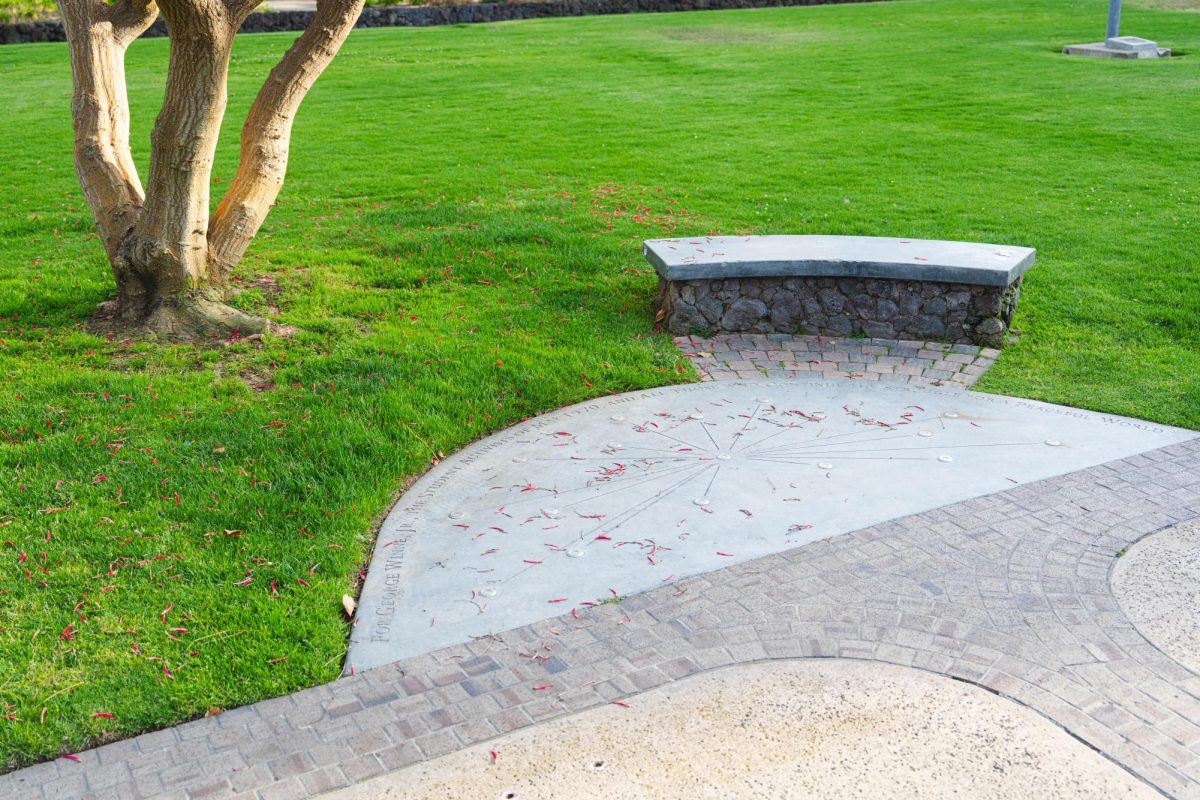It’s been over two years since the Compton Cookout — a controversial student-organized frat party that played on negative stereotypes about African-American people, offending many and drawing negative media attention. It’s 2012, and UC campuses are still visiting the discussion on hate speech.
In a recent report by UC President Mark G. Yudof’s Advisory Council on Campus Climate, Culture and Inclusion, the council described what it considered alarming instances of hate-filled speech against students on campus, urging the UC campuses to “adopt a hate speech-free campus policy.” (More information about the council and recommendations can be found in “UC President: There Will be No Complete Ban on Hate Speech” in the Sept. 25 issue of The Guardian.)
Last academic year, the council began gauging the campus atmosphere for minority students. The recommendations from the report on campus climate for Jewish students has drawn criticism from free speech advocates who believe they would violate the First Amendment, if enacted.
The July 9 report defines anti-Semitism, cites instances of it on UC campuses, and asks campus administrators “to seek opportunities to prohibit hate speech on campus.”
“While many campuses have adopted hate-free campaigns or issued commitments affirming the free and open exchange of ideas while maintaining a civil and supportive community,” the report says, “UC does not have a hate-free policy that allows the campus to prevent well-known bigoted and hate organizations from speaking on campus.”
The report urges Yudof to mandate that the UC administration strictly define and ban all instances of anti-Semitic hate speech.
The council specifically cited events such as “Israeli Apartheid Week” or “Justice in Palestine Week” as a source of aforementioned anti-Semitic rhetoric that often leaves students feeling unsafe and targeted. Students reported being denied involvement in groups because of their associations with Israel, while another student reported the Star of David being called a “hate symbol.”
Ben Hass, president of UCSD’s Tritons for Israel, stated that he agrees with the report’s claim that anti-Semitic speech is prevalent among political discussion around Israel.
“Not all speech against Israel is anti-Semitism,” Hass said. “But calling for the destruction of Israel and the delegitimization of Israel, that’s hate speech.”
Hass provided examples — instances in which students on campus advocated for the destruction of Israel, questioned its right to exist and compared members of the Israeli government to Nazis — of speech that alienated Jewish students.
Foundation for Individual Rights in Education, or FIRE, an organization that has confronted the UC system and UCSD for alleged violations of the First Amendment — wrote a letter to UC President Yudof in August, asking him to “reject [the council’s] misguided and illiberal recommendation” on grounds that the report’s recommendations violate the First Amendment. Citing cases which set the precedent of hate speech in the United States, it condemned the council for its “contempt for the First Amendment.”
William Creeley, FIRE’s Director of Legal and Public Advocacy and author of the letter, spoke to The Guardian about the issue of hate speech on campus. He says the ban does more than just violate the First Amendment.
“The answer to ‘hate speech’ is always more speech and not censorship,” Creeley said.
FIRE has given UCSD’s speech policy a “red rating,” indicating that it has at least one policy that unambiguously suppresses free speech. The organization extensively covered the events surrounding the Compton Cookout.
The party, and its association with UCSD-affiliated organizations, raised the issue of minority representation in the UC system. Community outrage heightened after UCSD’s controversial humor publication The Koala defended the party, as well as other controversial events, which included the discovery of a noose at Geisel Library shortly after the party.
Creeley explained that the same rhetoric that FIRE used to defend The Koala’s actions should be applied to the issue of anti-Semitism on UC campuses.
“Those types of affronts must be answered by dialogue. They can be decried. They can be debated. They can be exposed,” Creeley explained. “When you ban ideas, you give them a mysterious power and you imbue them with authority that they don’t otherwise have.”
Yudof said in a Sept. 19 interview that the report’s recommendations on banning hate speech would not be put to a vote by UC administration for the same reasons that Creeley discussed in the letter.
U.S. courts have found that the First Amendment will not protect speech that threatens and incites, allowing the UC administration to prohibit and punish speech in the form of harassment.
But when it comes to words that offend, many believe the administration shouldn’t stay silent. Creeley urges that the administration exercise its own First Amendment right.
“I think life in a modern liberal democracy can be very challenging for many. At times our most deeply held beliefs are challenged and we’ll find ourselves deeply offended by the ideas that we encounter,” Creeley said. “We think that as always the idea is to facilitate more dialogue to work to foster understanding via continued debate and discussion.”
Hass, who also insists he supports the First Amendment and the students’ right to free speech, believes the right response by administration in dealing with the anti-Semitic atmosphere on campus is by consistently administering its own response to said speech.
“We’re not saying that hate speech shouldn’t be allowed. We want the administration to condemn it,” Hass said. “I think the other stuff [in the report] is not as important as getting the administration to acknowledge that there is hate speech and anti-Semitism.”






